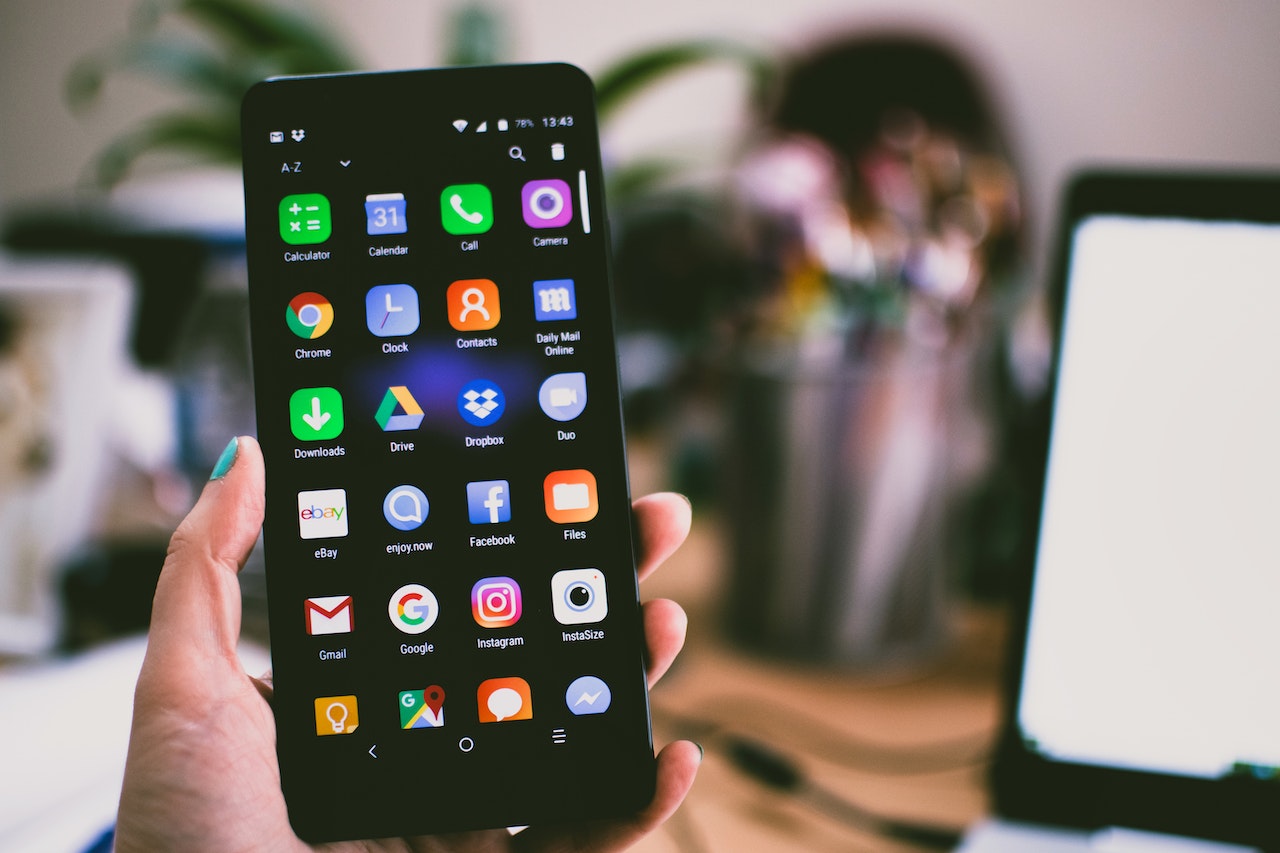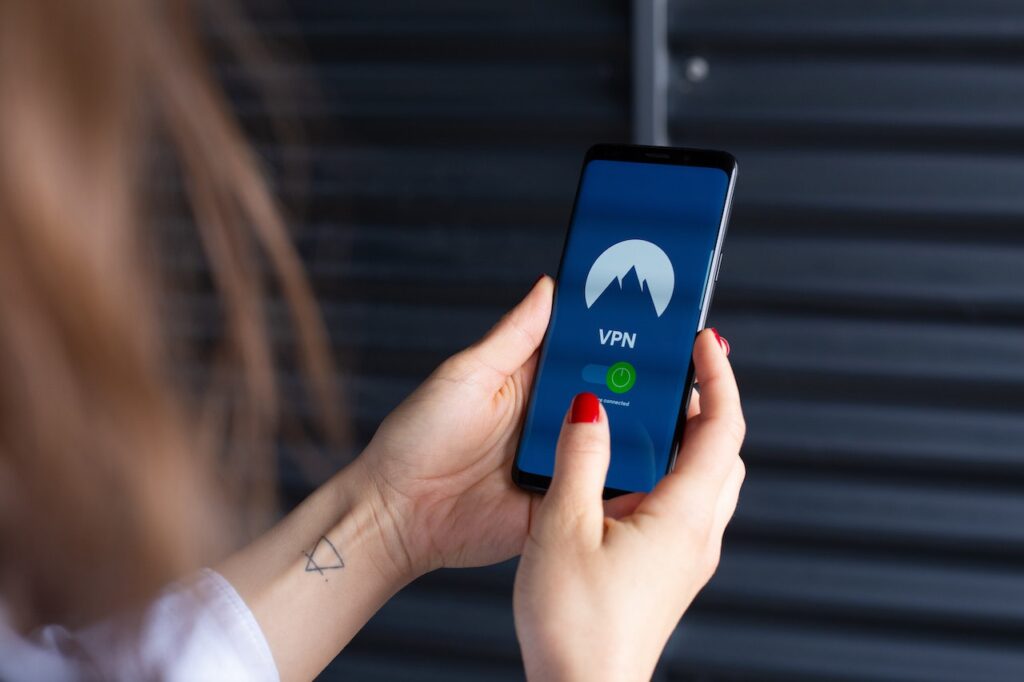

- aditya mishra
- March 11, 2023
- 0 Comment
Legal Considerations for Launching a Mobile App in India
Introduction
India’s mobile app market is rapidly growing, with over 700 million internet users and an estimated 400 million smartphone users. This presents a significant opportunity for startups looking to tap into this market and reach a large user base. However, before launching a mobile app in India, it’s essential to understand the legal implications that come with it.
Mobile app laws in India can be complex and multifaceted, covering various areas such as intellectual property, data privacy, and regulatory compliance. Ignoring these legal considerations can result in significant legal and financial consequences for startups. Therefore, it’s crucial to clearly understand the legal landscape before launching a mobile app in India.
This blog post will provide an overview of the key legal considerations that startups should consider when developing and launching a mobile app in India, including app development and ownership, data protection and privacy, regulatory compliance, and user-generated content and liability. By the end of this post, readers will better understand the legal implications of launching a mobile app in India and the steps they need to take to ensure compliance with the relevant laws and regulations.
App Development and Ownership
Developing a mobile app requires careful consideration of the legal implications of intellectual property (IP) protection and ownership. Startups should know the various types of IP rights, including patents, trademarks, and copyrights, and how they apply to mobile apps. They should also understand the specific legal requirements for registering and protecting intellectual property in India.

Intellectual Property Rights for Mobile Apps
a. Patents for Mobile Apps
Patents can be used to protect novel and non-obvious aspects of a mobile app’s technology. Startups should consider whether their app has any features that may be patentable, such as unique algorithms or processes. To obtain a patent, startups must apply to the Indian Patent Office and meet the criteria for patentability, which include novelty, non-obviousness, and industrial application.
b. Trademarks for Mobile Apps
Trademarks can be used to protect the app’s name, logo, and branding. Startups should ensure that their app’s name and logo are unique and not already registered as trademarks. To register a trademark in India, startups must apply to the Controller General of Patents, Designs, and Trademarks and meet the criteria for trademark ability, which include distinctiveness and non-descriptiveness.
c. Copyrights for Mobile Apps
Copyrights can be used to protect the app’s source code, user interface, and other creative elements. Startups should ensure they have the necessary rights to use any third-party code or assets in their app and comply with any open-source license requirements. To register copyright in India, startups must apply to the Copyright Office and meet the criteria for originality and creativity.
Ownership of Mobile Apps
Startups should ensure that they have an explicit ownership agreement between co-founders and developers to avoid disputes over ownership rights. The agreement should outline each party’s contribution to the app’s development and their respective ownership percentages. It should also address issues such as the transferability of ownership and rights to derivative works.
Software Development and Licensing
Startups should ensure they have the necessary licenses for any software used in the app and comply with any open-source license requirements. Startups should also ensure they have the right to use any third-party code or assets in their app.
By considering these legal aspects of app development and ownership, startups can protect their intellectual property and ensure they have clear ownership rights over their mobile app.
Data Protection and Privacy
Mobile apps collect essential user data, ranging from basic contact information to sensitive financial or health data. Startups must ensure that they comply with India’s data protection and privacy laws to protect their users’ personal information.

Data Protection and Privacy Laws in India
In India, the Information Technology (Reasonable Security Practices and Procedures and Sensitive Personal Data or Information) Rules, 2011, regulate the collection, storage, and use of sensitive personal data or information (SPDI). Startups must comply with these rules to ensure that they protect their users’ data.
Types of Data Collected by Mobile Apps and Risks Associated with Data Breaches
Mobile apps may collect various types of data, including personal information, location data, and usage data. Startups must understand the potential risks associated with data breaches, including unauthorized access, theft, and misuse of user data.
Legal Requirements for Obtaining User Consent and Protecting User Data
Startups must obtain user consent before collecting any SPDI from users. The consent must be clear, specific, and informed, and users must be provided to collect their data. Startups must also take reasonable security measures to protect user data and ensure that any third-party service providers they use comply with the data protection and privacy laws in India.
Best Practices for Ensuring Data Privacy and Security in Mobile App Development
Startups can ensure data privacy and security in mobile app development by implementing the following best practices:
- Conduct a privacy impact assessment to identify and address potential privacy risks
- Limit the collection and storage of user data to what is necessary for the app’s functionality
- Implement data encryption to protect user data from unauthorized access
- Implement secure coding practices to prevent security vulnerabilities in the app
- Regularly update the app to address any security vulnerabilities or privacy concerns
Compliance with Privacy Laws in Multiple Jurisdictions
Startups operating in multiple jurisdictions must comply with each jurisdiction’s data protection and privacy laws. They must ensure that their privacy policies and practices comply with the strictest privacy laws to avoid any legal issues or fines.
By following these guidelines, startups can ensure they comply with India’s data protection and privacy laws and protect their users’ personal information.
Regulatory Compliance
Startups launching mobile apps in India must comply with various laws and regulations to ensure their apps are legally compliant and avoid legal issues or fines.

Regulatory Requirements for Launching a Mobile App in India
Mobile app development in India is regulated by the Information Technology Act, 2000, and its rules. Startups must ensure their apps comply with these laws and regulations, including data protection, cybercrime, and online advertising.
Legal Obligations for Mobile App Developers to Provide Certain Information to Users
Mobile app developers must provide certain information to users, including a privacy policy and terms of service. The privacy policy must outline how the app collects, uses, and stores user data, and the terms of service must specify the legal agreement between the app and the user.
App Store Submission and Approval Requirements
To launch a mobile app, startups must submit their app to the Google Play Store or Apple App Store for approval. Both app stores have specific guidelines that must be followed, including those related to app content, security, and privacy. Startups must ensure that their app complies with these guidelines to avoid rejection or removal from the app store.
Importance of Maintaining Compliance with Indian Laws and Regulations
Startups must ensure that they maintain compliance with Indian laws and regulations throughout the app’s lifecycle, from development to distribution and monetization. Failure to comply with these laws and regulations can result in legal issues, fines, or app removal from app stores.
Legal Aspects of Creating a Compliant App Monetization Strategy
Mobile app monetization strategies, such as in-app purchases, subscriptions, and advertisements, must comply with Indian laws and regulations. Startups must ensure their app monetization strategy is legally compliant and does not violate laws or regulations, such as consumer protection and advertising.
By complying with these laws and regulations, startups can launch a legally compliant mobile app in India and avoid legal issues or fines.
User-Generated Content and Liability
In the world of mobile apps, user-generated content (UGC) can be a valuable asset for startups, but it also exposes them to potential legal risks and liabilities. Therefore, it is essential for app developers to understand the legal considerations related to UGC and how to mitigate related legal risks.

Firstly, Indian laws like the Information Technology (Intermediary Guidelines and Digital Media Ethics Code) Rules, 2021, outline the obligations and liabilities of intermediaries like mobile app developers in relation to UGC. Startups need to ensure that their content moderation policies and procedures comply with these laws and protect their app from legal risks.
Secondly, a common concern for mobile app developers is the potential for users to post illegal, defamatory, or infringing content. Therefore, startups should establish clear guidelines for user-generated content, and ensure that their users understand the app’s terms and conditions. By obtaining explicit user consent, app developers can avoid legal disputes related to UGC.
In addition, mobile app developers should establish procedures for handling takedown requests and have a well-defined content moderation policy. They should also regularly review their content moderation practices to ensure they remain compliant with the latest legal requirements.
By following these best practices, mobile app developers can mitigate legal risks and liabilities related to UGC. These measures help create a safer and more trustworthy platform for users, increasing user engagement and loyalty.
To summarize, app developers must be aware of the potential legal risks and liabilities related to UGC and have effective measures in place to mitigate these risks. By maintaining compliance with Indian laws, establishing clear guidelines for UGC, and implementing effective content moderation policies, startups can create safer and more reliable apps for users.
Recap
Launching a mobile app in India can be profitable for startups, but it is crucial to understand and comply with the legal requirements. This article covers the most important legal considerations for mobile app development, including app development and ownership, data protection and privacy, regulatory compliance, and user-generated content and liability.
As a startup founder, it is essential to prioritize legal compliance from the outset and seek legal counsel to ensure that your app meets all the necessary legal requirements. This will prevent legal risks and liabilities and build trust with your users and stakeholders.
If you plan to launch a mobile app for your startup or need legal guidance, contact our legal team for assistance.
FAQs
Is an app protected by law?
Yes, an app is protected by intellectual property law. To protect your mobile app, you can apply for patents, trademarks, or copyrights, depending on the type of protection you need.
How do you legalize an app?
To legalize an app, you must ensure that it complies with all the legal requirements for mobile app development, including data protection and privacy laws, regulatory compliance, and user-generated content and liability. You should seek legal counsel to ensure that your app meets all the legal requirements.
Can I patent a mobile app?
Yes, you can patent a mobile app if it meets the necessary requirements for patentability. However, not all apps are eligible for patents, and the patent application process can be complex. It is recommended that you seek legal guidance before applying for a patent for your mobile app.
Does an app need a patent?
Not all apps require a patent, but if your app has a unique and innovative feature or technology, it may be worth considering a patent to protect your intellectual property.
Do I need a business license to publish an app?
Yes, you need a business license to publish an app in India. Depending on the type of business entity you have, you may need to obtain different licenses and permits to comply with Indian laws and regulations. It is recommended that you seek legal guidance to ensure that you have all the necessary licenses and permits to publish your app.



Leave a Reply